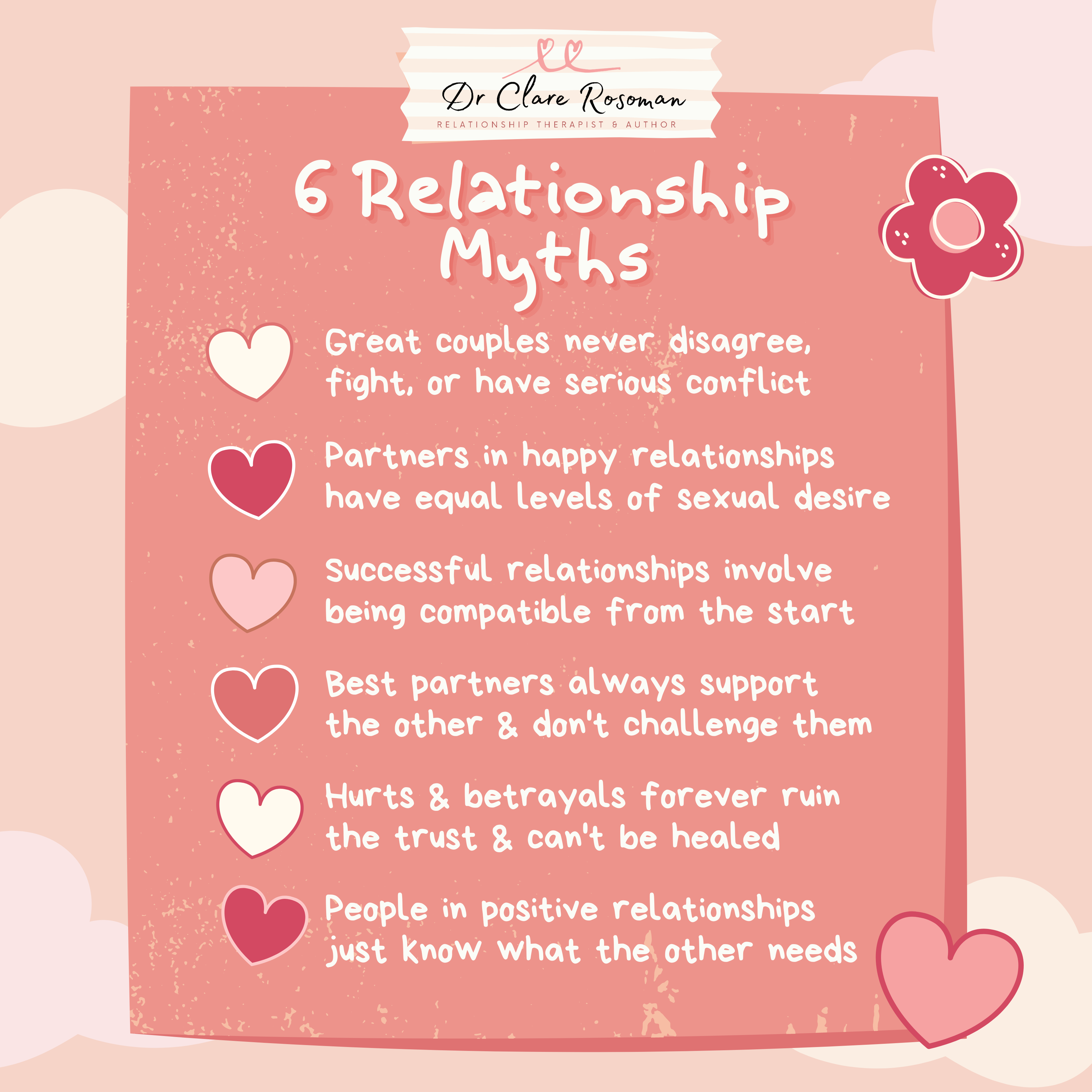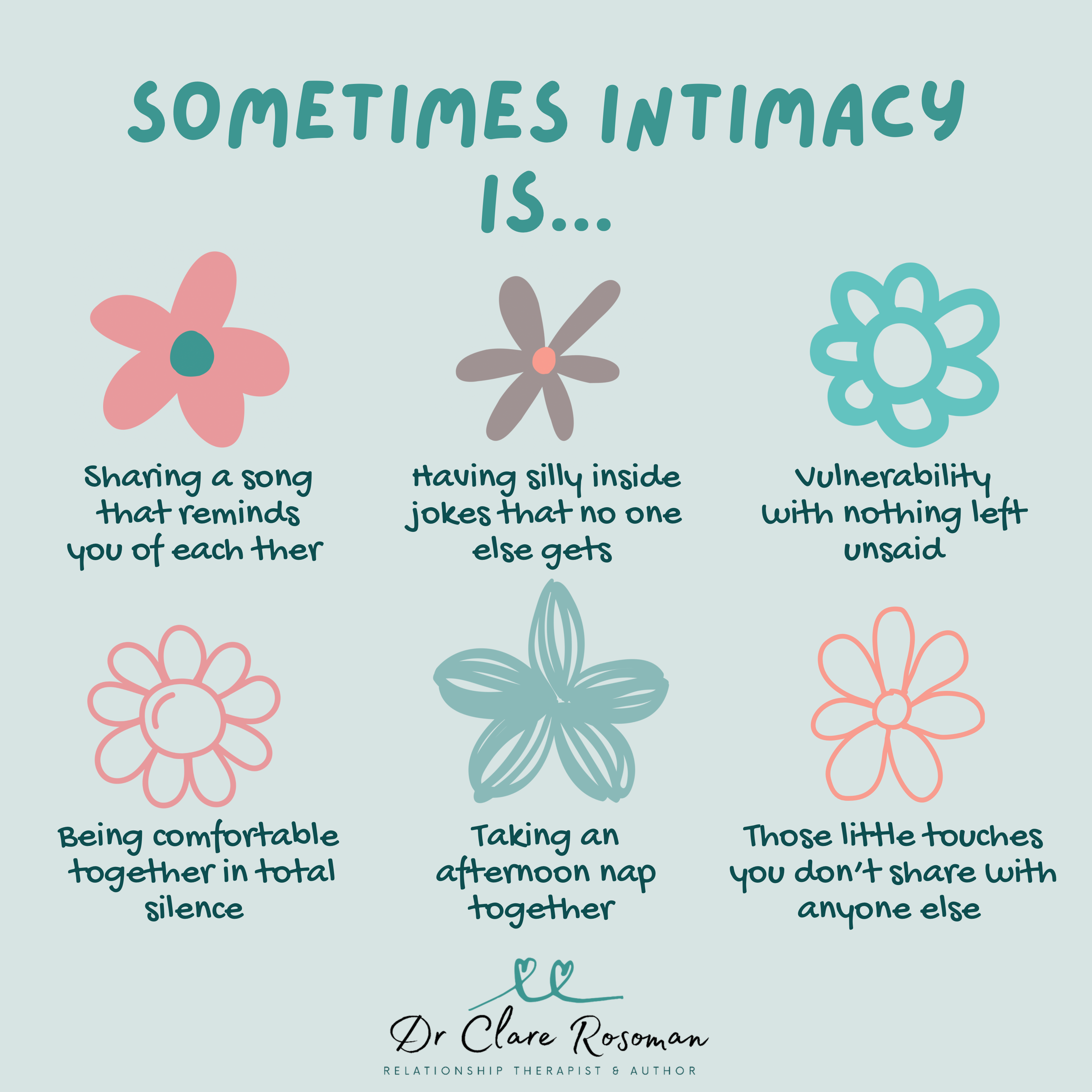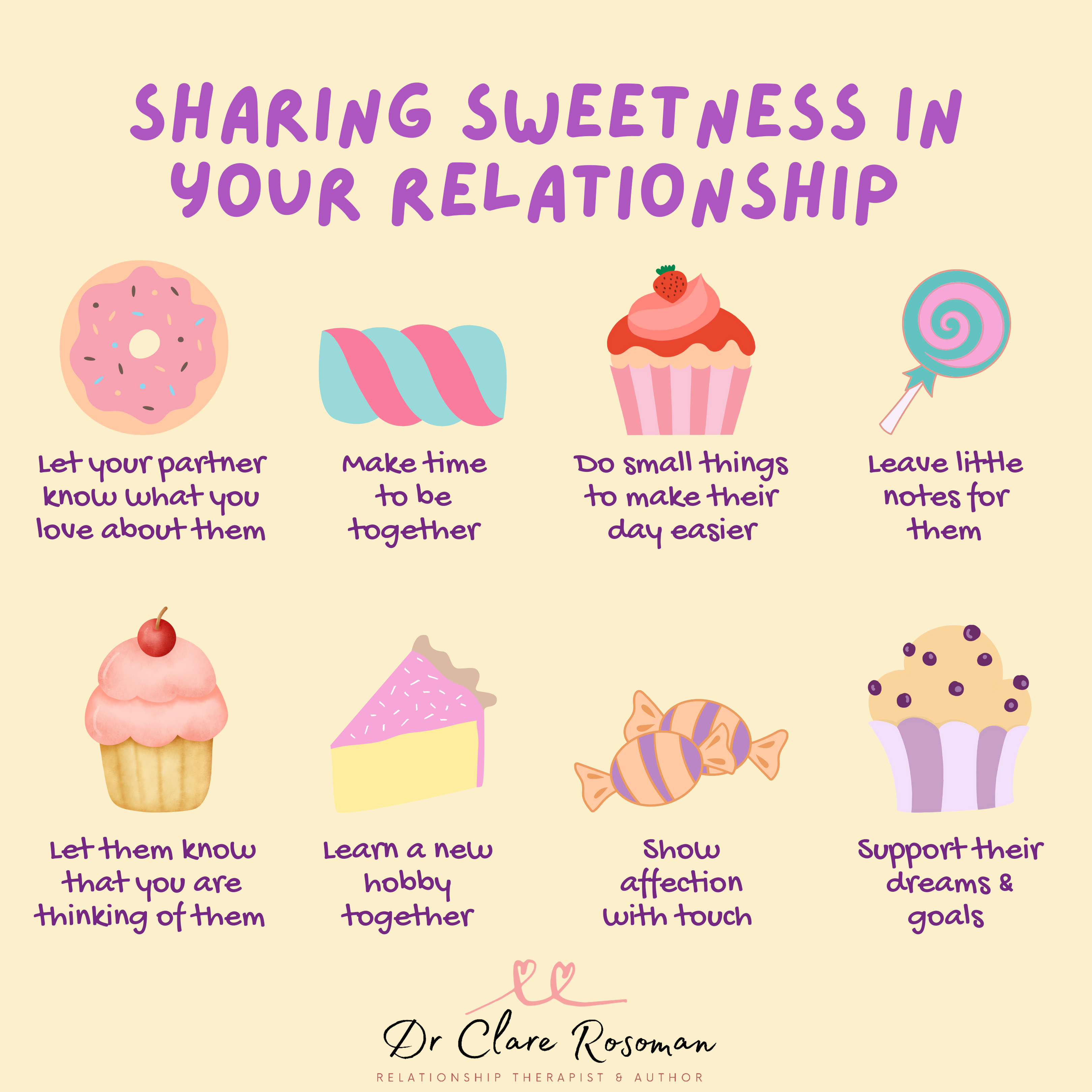Sex therapy is a type of talk therapy designed to help individuals and those in relationships experiencing sexual struggles of all kinds to find some clarity and some practical solutions. Whether someone is experiencing issues with sexual function or issues that show up in a relational context (e.g. people who have no sexual struggles alone but find themselves running to an issue with a partner), sex therapy can really help to overcome obstacles and to build sexual confidence. Sex therapy does not require both partners. Some people may benefit from individual therapy sessions, while others may find couples/relationship sex therapy more useful. We will work with you to determine the best path forward for you.
Benefits and purpose of sex therapy:
1. To learn more about sex, connection and pleasure and to dispel any myths that might be causing or maintaining troubles
2. To identify and address the causes and impacts of sexual struggles
3. To build sexual confidence, to overcome obstacles to pleasure and connection, so that you can build a more fulfilling sex life
About Sex Therapy
How can sex therapy help me?
Sex therapy is for anyone who wants to improve their relationship with sex and pleasure. Many people experience performance anxiety around sex or might have past traumas that come alive in a sexual context, even with someone they love and feel safe with. Many people feel scared to talk about sex and feel shame that they aren't "enough" sexually. These very real fears and worries can create barriers to full and free sexual connection. People who experience sexual dysfunction or relationship disruption relating to the sexual connection may be among those who could benefit the most from sex therapy.
Sex therapy can assist people with the following difficulties:
FOR MEN:
Issues of ejaculation (delayed or premature) or erectile disorder
FOR WOMEN:
Issues of arousal, orgasm, sexual pain, low desire, sexual aversion, vaginismus
FOR ALL:
Low desire, impacts of trauma on sexuality and sexual function, problematic use of porn, exploring sexuality and sexual preferences, overcoming sexual shame, building sexual confidence and assertiveness
FOR RELATIONSHIPS:
Differences in sexual desire and arousal (e.g. desire-mismatch), difficulty discussing sexual desire or needs, impacts of relationship conflict or breaches of trust on the sexual relationship, impact of relationship reconfiguration on sexual connection (e.g. negotiating agreements in polyamorous relationships and opening-up the relationship for previously monogamous relationships), recovery from affairs (e.g. in monogamous relationships) or broken agreements (e.g. in poly or CNM relationships)
What happens in sex therapy?
- Sex therapy involves talking about sexual struggles with a supportive, non-judgmental, informed (and unflappable) therapist who is there to help you to get clearer about the problem and to find a way forward.
- Sex therapy will firstly focus on helping you to gain a better understanding of yourself as a sexual person and the problem that is blocking you from full and free experiencing of yourself in this way.
- Sex therapy can involve a referral to a medical practitioner to make absolutely sure that any current sexual issues are not being caused by or indicators of a medical concern.
- Sex therapy always aims to to give you practical tools to work on in order to make movement towards your sexual and relationship goals.
- Sex therapy can be individual or it can involve partners.
- When working individually, we use a combination of emotionally-focused, behavioural techniques, and homework reading/exercises to give you strategies to work on.
- When partners attend together, our aim is to build their ability to be an "intimate sexual team" so they can work on issues together. To do this, we track how communication around sex becomes fraught and we build clearer communication about sex, needs, fears and concerns.
- We strengthen the bond to help partners to remain connected as they navigate individual differences and cater to each person's needs.




Sex, Intimacy & Attachment
The crossover between relationship therapy and sex therapy is becoming sorely apparent for therapists. We are increasingly aware that these two areas inevitably impact each other and require a holistic approach. What we know from the research of Dr Sue Johnson is that:
Contented partners attribute only between 15% and 20% of their happiness to a pleasing sex life, unhappy mates ascribe 50–70% of their distress to sexual problems. Sexual problems most often reflect and then actively exacerbate relationship conflict. They also exacerbate distance. Once sexual contact ceases, often sensual and affectionate touch follows. Couple therapists almost inevitably find that sexual anxieties, conflicts, and deprivation are part of relationship distress.
Relational and sexual intimacy is a beautiful dance between security and novelty.
Improving Sex & Intimacy with EFCT
In order to acknowledge and address concerns related to intimacy and sexual satisfaction, Emotionally Focused Couple Therapists can help you with the following:Understanding your individual and systemic history of relationship distress and how it impacts you and your relationship in the present moment.
1. Clarifying the key ingredients that foster relational intimacy – Accessibility, Responsiveness and Engagement (ARE) between partners (Sue Johnson, 2008).
2. Learning about the ways in which you experience desire and attachment.
3. Help you and your partner to process and repair blocks around sexual and relational concerns.
Improving Sex & Intimacy
Building Intimacy
Good conversation and emotional connection creates a context for a healthy, thriving relationship and a flourishing sex life. Relationship research tells us that self-disclosure is linked with increased intimacy and happier relationships—that is, when couples share more about their inner worlds, they feel closer and more connected to each other, and their relationship becomes strengthened as a result of it.
Top questions for your partner
What revs your sexual accelerator? Turn ons…
What hits your sexual brakes? Turn offs…
What type of touch do you like best?
What is on your sexual “bucket list”?
Do you have any kinks, curiosities, or guilty pleasures?
How can you let me know if I am crossing a boundary or you are not into something?
From Jodie Goddard:
Like most worthwhile things, a good, healthy sex life requires work; it doesn’t just happen by accident. You might think that sex should come naturally and that if you have to put work into it, it must be flawed or “broken” in some way. This couldn’t be further from the truth! Whether you are in a new relationship or a long-term one, it is really normal to struggle at times. Partners are likely to have moments of varying needs, sexual dysfunction, external stressors and emotional or sexual disconnection. All these challenges take work to resolve and, if left alone, they can create emotional distance that can compound sexual struggles. Great sex requires great communication, especially about changing needs and fluctuating desire. Keeping your sex life satisfying takes willingness to talk and share and to experiment as an intimate, connected sexual team. We would be honored to help you to do that.
Is monogamy the only way to have secure love?
By Jodie Goddard
A lot of what we know about the structure of relationships is funneled through a lot of inherited thoughts about what the world thinks a relationship should be. Which most commonly is monogamy (two partners who are exclusive sexually).
Jessica Fern’s book, Polysecure, reflects on her work with folks choosing all different types of consensual non-monogamy. She explains: “While transformations in constructs of race, class, gender and sexual orientation has thus far been in the vanguard of this social change, monogamy has mostly stayed unchallenged as a social construct. With those who do not fit within its constraints finding themselves alienated from a profound social revolution. Despite divorce and cheating rates and substantial discrepancy between people espousing it and actually practicing it, monogamy has mostly stayed intact.“
Relationship Structures:
Monogamy: traditionally pair-bonded and sexually and emotionally exclusive
Monogamish: couples who are mostly sexually and emotionally exclusive and who periodically engage in extra-relational sex or sexual behaviour with others within certain parameters.
Polyfidelity: romantic or sexual relationship that involves more than two people who are exlusive with each other
Swinging: couples engaging in sexual activity with other couples – usually with only some lovel of emotional commitment and with the partner present.
Open marriage/relationship: where both partners in the primary relationship have sexual or romantic relationships outside the primary partnership (which remains the priority).
Polyamory: having many loves, where everyone involved is aware and consenting of partners simultaneously having multiple romantic and sexual relationships (inludes hierarchical and non-hierarchical structures).


